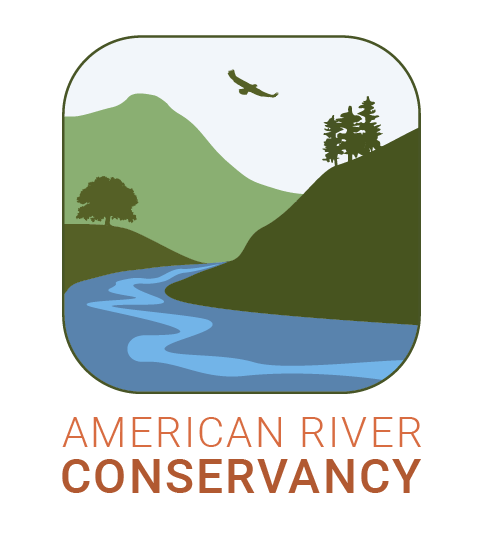School Field Trips

Spark Passion
All field trips are outdoors. A covered pavilion is used during inclement weather. Scroll to bottom for FAQ & Map.
Field Trip Descriptions
Each Field Trip is 2.5 hours and $10/student with a $300 minimum fee
KINDERGARTEN
Patterns in Nature
1ST GRADE
SOUNDS AND SURVIVAL
2ND GRADE
Busy Bees, Busy Blooms
3rd Grade
Home Wet Home
4th Grade
Spectacular Senses
6th Grade
Ecosystem Interactions
7th Grade
On the Map! Orienteering at Wakamatsu Farm
Frequently asked questions
Absolutely! We are flexible and have many ideas to connect your students with the land. Let’s work together to create a memorable and meaningful field trip for your students.
Teachers are welcome to supervise their students during lunch at the farm in an agreed upon location. We enjoy offering this relaxing treat to our field trip attendees, but we are not able to offer trash service. Please plan to remove all trash created by your group.
If you need to cancel your program for any reason, please email [email protected] so that we have it in writing. We will respond via email that we received your cancellation. If you do not receive a response to your email, please call (530) 621-1224 and speak with Nic or Megan. If cancellations occur at least two weeks before the program, no fees apply. If cancellations occur within two weeks of the scheduled program, the minimum fee for the scheduled program will be charged. Fees do not apply if cancellations occur due to extreme weather or poor air quality.
Payment for field trips can be made by check or credit card. Contact [email protected] for specifics on payment for your group.
Our Visitors say
Directions
From Hwy 50/West: Take US Highway 50 until you reach the Ponderosa Road/North Shingle Road exit. Turn left and then take the first right onto North Shingle Road once you cross over the freeway. North Shingle Road turns into Green Valley Road which then turns into Lotus Road. Continue straight on this road for about 6-7 miles, and then turn right onto Gold Hill Road, across the street from Sutter’s Mill School. Continue for approx. 2 miles, and then turn left onto Cold Springs Road at the 4-way stop. In ¾-mile, turn right into the GREEN GATE entrance (on the right past South Fork Farm and the wooden barn). Continue up the gravel driveway to the parking area.
From Auburn/Cool area: Take Highway 49 to Coloma. After you exit the State Park, the road seems to split in two directions. Continue straight, up the hill, which puts you on Cold Springs Road (do not turn left/stay on 49). Continue on Cold Springs Road for about 2.5 miles, past Gold Trail School. About ¼-mile past the school on the left, turn left into the gravel driveway through the green gate. Continue to the parking area
